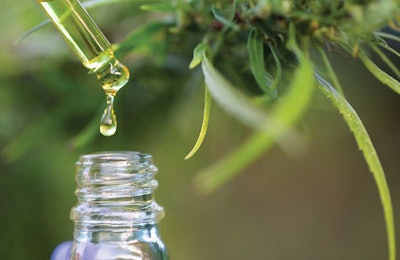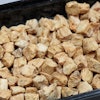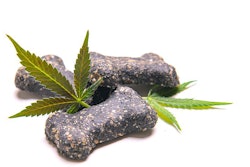
To achieve recognition as generally recognized as safe (GRAS) by U.S. Food and Drug Administration (FDA) officials, pet food ingredients must meet specific requirements, beyond simply being safe. Such was the case with cannabidiol, Bill Bookout, president of the National Animal Supplement Council (NASC) said.
On November 25, FDA officials announced that the agency would not classify cannabidiol (CBD) as generally GRAS, which would have allowed use of the ingredient in human and pet foods based on its long history of human and animal use. The agency stated that it lacked sufficient empirical evidence supporting the safety of CBD consumption. CBD also lacked something else Bookout said.
“In order to be GRAS, you have to substantiate not only not only safety or risk, but your product has to be beneficial for a specific purpose… The hemp plant or extracts of the hemp plant certainly have been shown to potentially have nutritional benefits. Hemp seed oil may be a good source of essential fatty acids. Hemp cake or hemp meal might be a good protein source or fiber source.
CBD lacks pet nutritional benefit evidence
However, CBD differs from those other products made from hemp in that researchers have not established any specific nutritional use or benefit from CBD, he said. Claims made about CBD have been solely medical, such as the documented treatment of epilepsy in a child. To be GRAS, the benefits and claims need to be related to nutrition. Bookout was unaware of any evidence substantiating nutritional claims about CBD.
“The benefits that I've seen for CBD are not nutritional,” he said. “I think the chances of achieving a GRAS pathway for CBD are probably not likely, if it's submitted as a nutritionally beneficial ingredient, the way that hemp cake, meal or hemp seed oil may be able to.

















